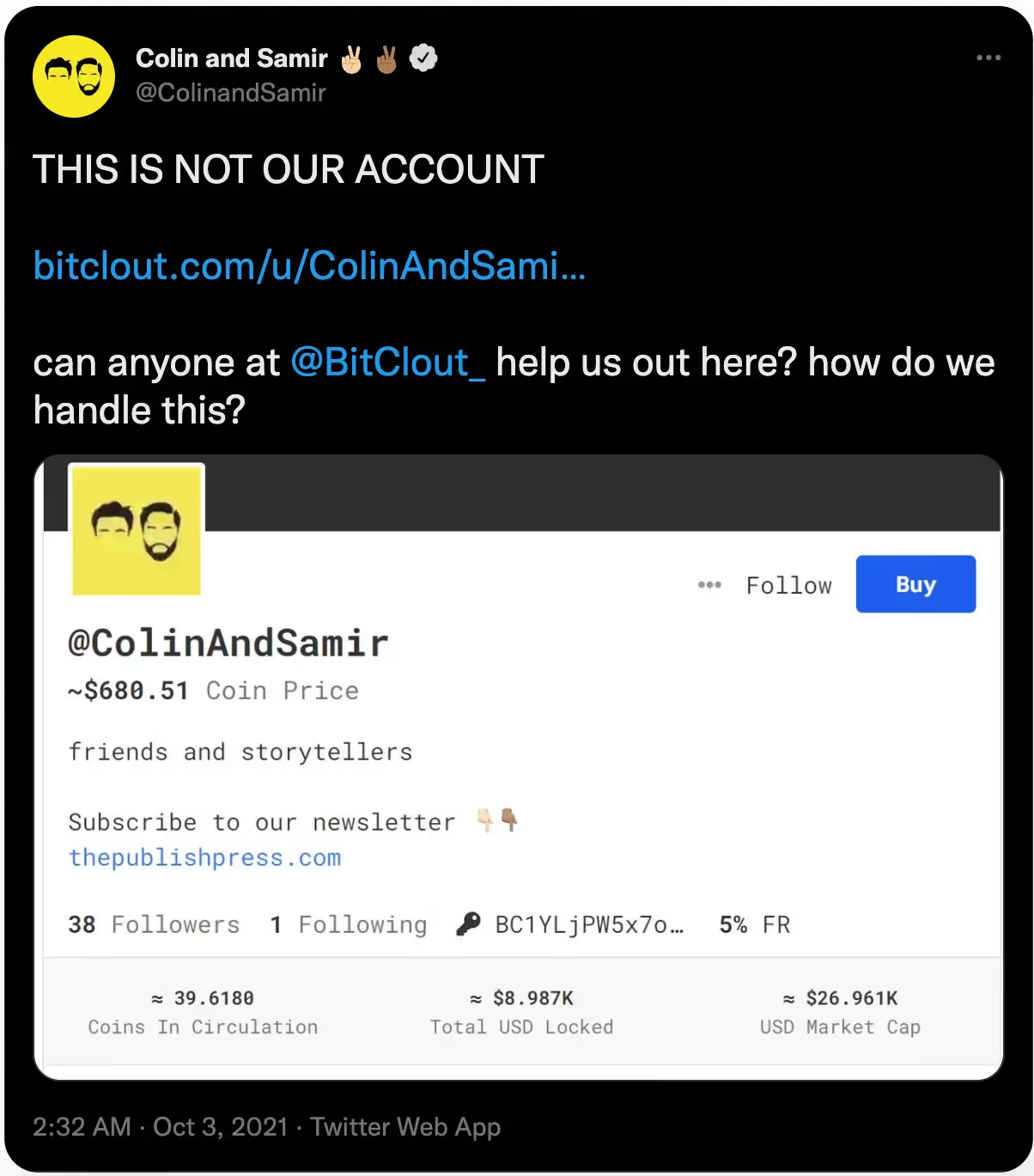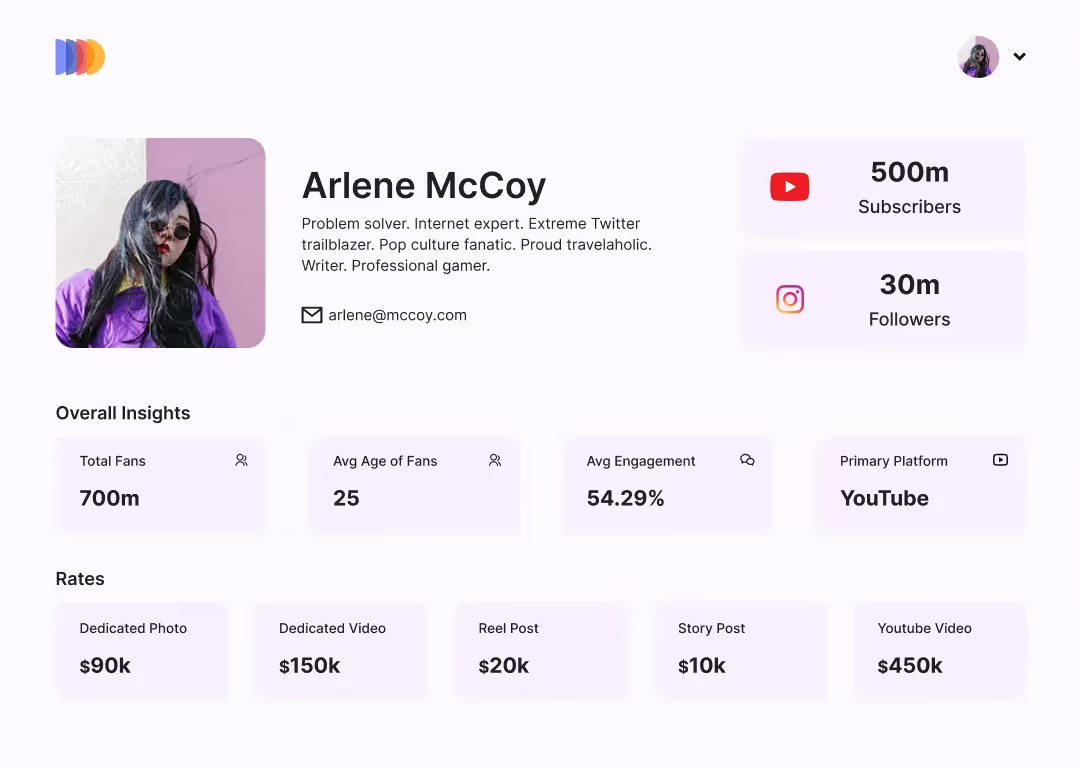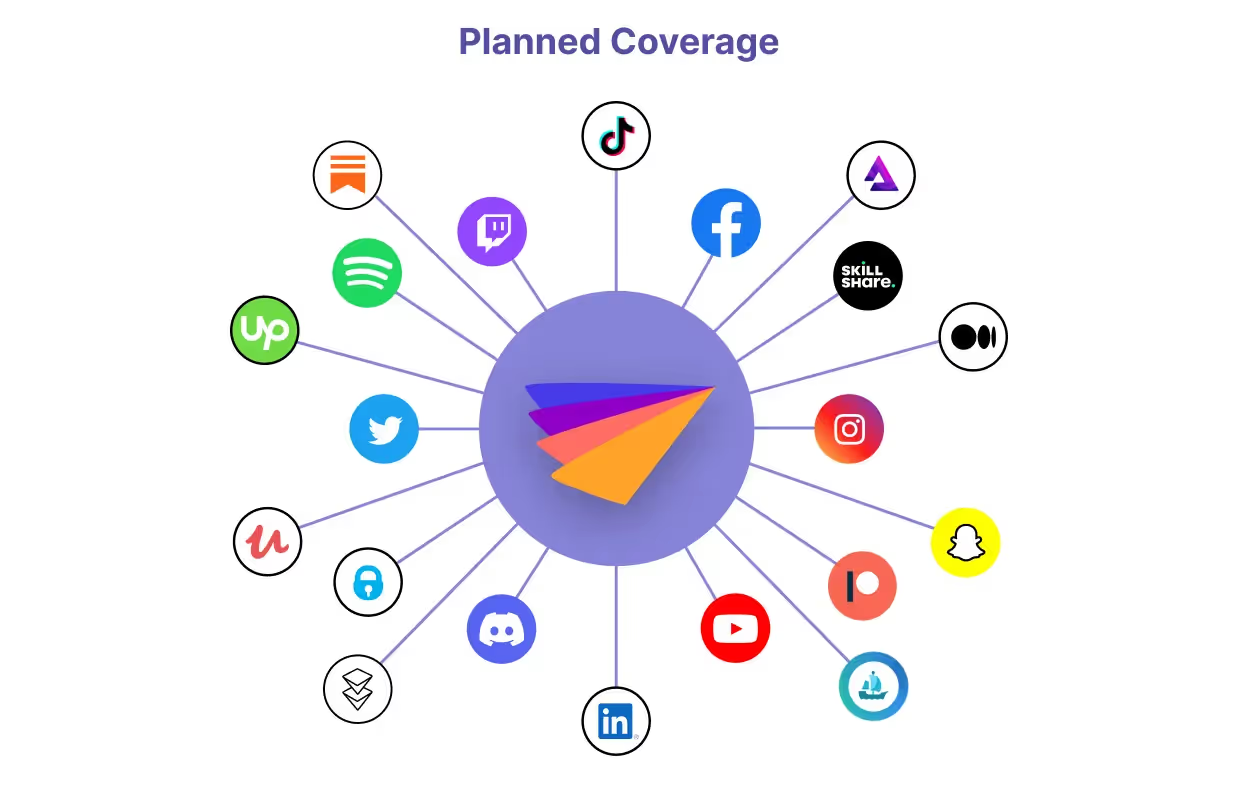Social media remains the primary frontier for many creators who wish to monetize their online presence. To create their initial fan base, creators slog for months and sometimes even years to create high-value content in blogs, podcasts, videos, newsletters, merchandise, etc. The more their fan base, the more attractive they are to advertisers.
Brands have come to terms with the fact that these creators are a crucial part of their marketing strategy. With a budget for influencer marketing, they can reach a much effective audience than they could by relying solely on traditional advertising. This also helps creators pocket a good percentage of ad revenue generated from their content.
With the many creator-focused companies coming to stand, they need to ensure that a creator on their platform is genuine and sharing accurate information, which is a very tedious task to warrant manually.
The rules are changing. Constantly.
Today, any individual can become a creator. There’s this section of people who work hard to build their audience and there’s another section that retorts to scams and other underhand methods to make a quick buck.
All creator-focused businesses and platforms need to recognize these new dynamics that can make or break them. Ultimately, their success hinges on distinguishing the creators from scammers.
Final word? If genuine creators succeed, so will platforms and brands.
And platforms need a robust system that helps them fight these evils that could eventually bring them down. Here are a few most commonly occurring scams:
Scam 1 - The case of the stolen identity
It took Colin and Samir, two famous YouTubers, years to build their loyal audience. Eventually, they expanded their presence across different platforms such as Instagram, Twitter, etc. So when a new web3 platform came up, and people came across Samir and Colin’s profile, it felt natural that they must’ve also created an account. Except, they had not.
Some scammer piggybacked on their YouTube reputation, created a fake profile on this web3 portal. This impersonation could have been prevented had the portal verified the account’s identity through direct API integration with the source platform, in this case, YouTube.

Phyllo’s Identity API verifies a user's identity and returns unique identifier information about the creator, such as name, email id, etc., depending upon the source platform.

Scam 2 - The case of fraudulent reputation
Some creators falsely exaggerate their achievements and metrics online, but this could be counterproductive for brands scouting influencers for their ads. Agencies at times request creators’ engagement data in the form of screenshots, which creators can easily manipulate, and validating it manually for all creators is a very cumbersome process.
Also, the platforms stand to lose if they cannot produce actual reputation metrics of creators, as ultimately, the brands will desert them for other trustworthy platforms.
With Phyllo’s Engagement API, brands and platforms can get real-time data about content created by a creator and the reputation of a creator from the source platform (e.g., subscribers, followers, etc.). Here are the several platforms the API supports.

By making creator data available in a seamless manner, Phyllo data pipe opens up the possibility of innovation to creator-focused startups.
Access to different data points and types around identity, income, engagement information, demographic information about a creator’s audience, etc. can help generate new product and service offerings.
Phyllo APIs help avoid these scams
Solving for security and fraud: We use native platform apps that ask for a native platform login from the creator. This ensures that anybody who shares their data knows what they are sharing and there is an automatic verification of the source of data. More importantly, Identity and Engagement APIs also ensure that the authenticity of the creator and their work can be verified too.

Solving for coverage: We cover every leading platform where creators engage their audience including Twitter, Instagram, TikTok, Discord, Twitch, YouTube, Substack, etc. and we’re constantly adding more platforms to integrate with.

If you’d like to know more about Phyllo APIs, schedule a call with our experts.









